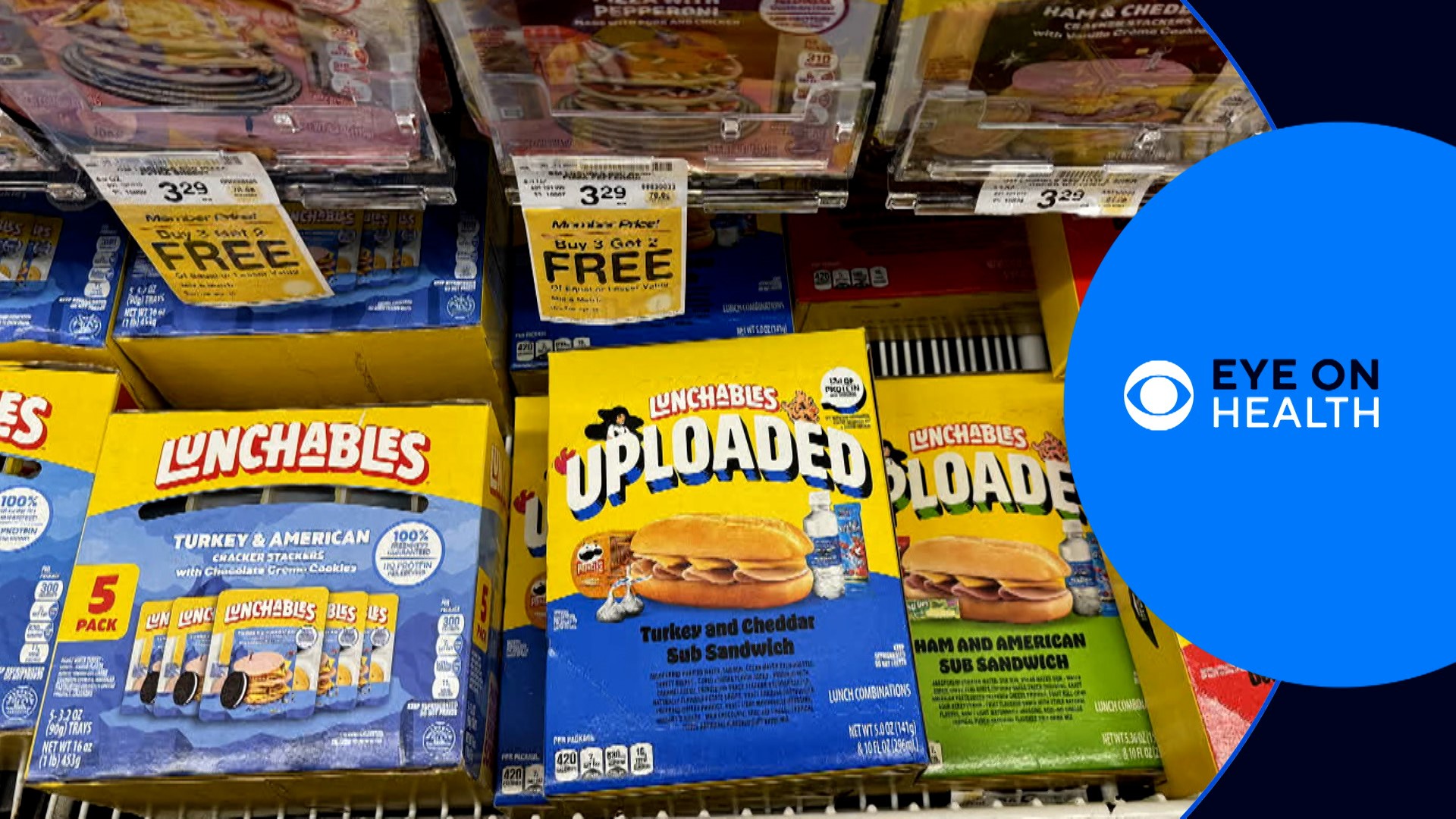(CNN) — Hidden in perfumes, scented lotions, food packaging and even synthetic leathers are a type of chemical called phthalates. Most people in the United States are exposed to phthalates, and levels tend to be higher in women than men.
A new study in the journal Environmental Health Perspectives examines whether there is a connection between phthalates and diabetes in women. Researchers did find an association but did not prove that the chemicals cause diabetes.
Researchers found that the risk of having diabetes was twice as high in women with the highest levels of certain phthalates, compared with women with the lowest levels. Looking at the data a different way, there would be about 40 extra diabetes cases per 1,000 women when women with high levels are compared to women with low levels.
What explains this association? One idea is that phthalates bind to cells in the body that manage blood-glucose metabolism and fat cell development.
“Because they can bind to natural cell receptors, they could alter normal function,” said Dr. Tamarra James-Todd, associate epidemiologist at Brigham and Women’s Hospital in Boston.
Keep in mind that people with diabetes may have higher phthalate levels because of their use of certain medical devices and medications, which contain these chemicals, too. This study did not rule out that explanation.
But the researchers did a sub-study on women without diabetes to get at this issue. Non-diabetic women with higher levels of pthalates tended to have higher blood glucose levels. “Both of those things are precursors of diabetes,” James-Todd said.
Researchers analyzed data on 2,350 women in the National Health and Nutrition Examination Survey who self-reported whether they had diabetes and gave urine samples that were examined for the presence of phthalates. The study is cross-sectional, meaning questions about phthalate levels and diabetes status were not collected at the same point in time.
Future research could follow a group of people who don’t have diabetes, measure pthalate levels and see whether the chemicals are associated with developing diabetes longterm.
Companies are not required to disclose whether there are phthalates in products, but almost anything that contains “fragrance” has these chemicals, James-Todd said. More products are emerging with labels that say “phthalate-free,” but the packaging could still be full of them.
“There’s not much we can do as consumers,” she said. “Hopefully, these findings will spur additional research.”
™ & © 2012 Cable News Network, Inc., a Time Warner Company. All rights reserved.



